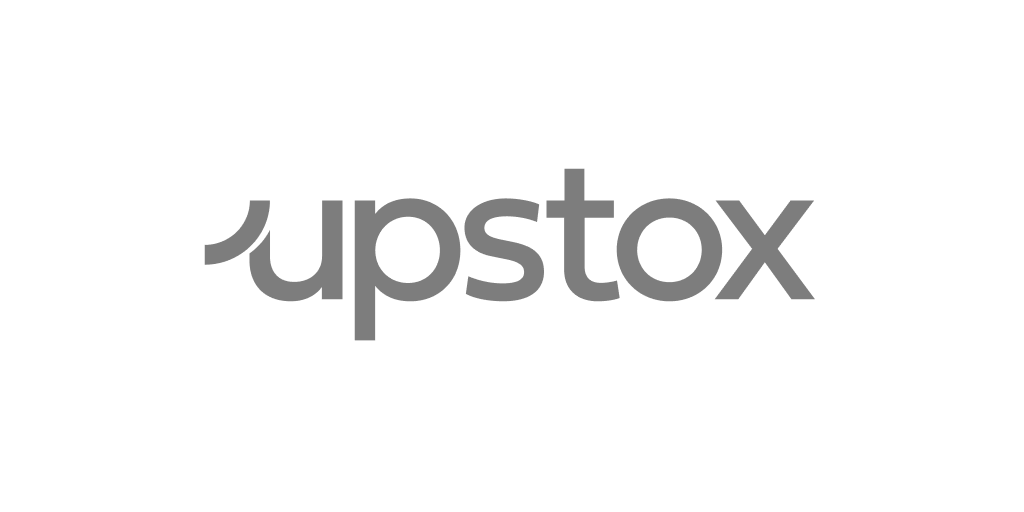What is a warrant
A warrant is a financial instrument that gives the holder the right to purchase the shares of a stock at a certain price within a stipulated time period. It expires after a certain point of time if the holder does not exercise them. However, the holder has the right to deny the purchase i.e. he/she is not bound into purchasing the stock.
The holder has to pay only a nominal amount to buy a warrant, which gives him/her the right to purchase shares in the future. This is good for both the holder as well as the company (whose warrants are being purchased). Since the holder has to pay only a fraction of amount on the onset, he/she can decide in future, whether to exercise and convert those warrants into shares or not, depending on the financial performance and future prospects of the company.
It is a good deal for the company as conversion of warrants into shares means the company gets to issue more equity shares which can be used for raising additional capital. The additional capital can be used to boost revenue or for settling high interest debts, thus improving the company's fundamentals and balance sheet strength.
Warrants can be further classified as “Call warrants” and “Put warrants”
Call warrants give the holder of the warrant the right to buy a specified number of equity shares of a company within a specific time frame.
Put warrants give the holder of the warrant the right to sell a specified number of equity shares of a company within a specific time frame.
What is a call option
A call option is a derivative instrument, which confers upon the holder, the right to buy but not the obligation to buy the underlying asset. The underlying assets can range from stocks, commodities, currencies, bonds, etc.
A call option holder is generally referred to as an investor or trader. While the seller of the call option is referred to as “writer”. The buyer of the call option is required to pay an upfront premium, which erodes in value closer to expiry of options. The holder of the call option does not get any voting right in the company of which the options are being held, nor is eligible for earning any dividend or participating in any right issue or any other corporate action.
As described earlier, call options can have a variety of underlying assets. The options can either be cash settled meaning no physical settlement of underlying assets takes place at the end of expiry of options. Or they can be physically settled, meaning if the options are exercised, it may result in physical delivery, exchange of cash flows and conversion of options to equity shares.
Difference between warrants and call options | ||
Warrants | Call options | |
| 1 | Financial instrument | Derivative instrument |
| 2 | Issued by company, therefore even unlisted company are eligible to issue | Issued by exchanges, which are under preview of market regulator. Not all listed companies are eligible for derivative markets |
| 3 | Traded in OTC (Over the counter) markets | Traded on exchanges, electronically and remotely |
| 4 | Narrowly traded, limited liquidity and high default risk | Openly and publicly traded, very liquid and no default risk |
| 5 | Non standardized contract, opaque market practices and no regulation of conversion fees | Standardized contract, very transparent procedures and all commission and exchange fee are regulated and uniform for all participants |
| 6 | Short selling not possible | Short selling is permitted subject to additional guidelines |
| 7 | Some types of warrants give holders rights equivalent to shareholders. | Call options holders have no voting rights or any other shareholder’s right whatsoever |
| 8 | Long dated, usually warrants can be exercised over passage of multiple years | Short dated, usually options expire within one to twelve months of initiation |
